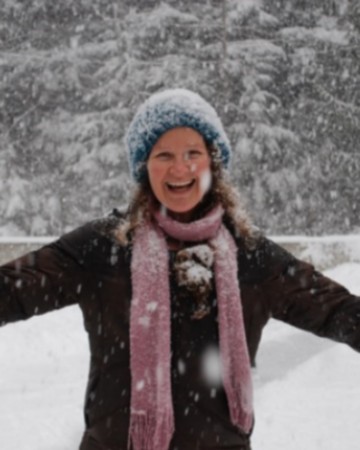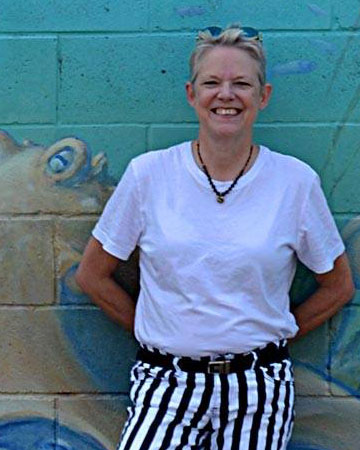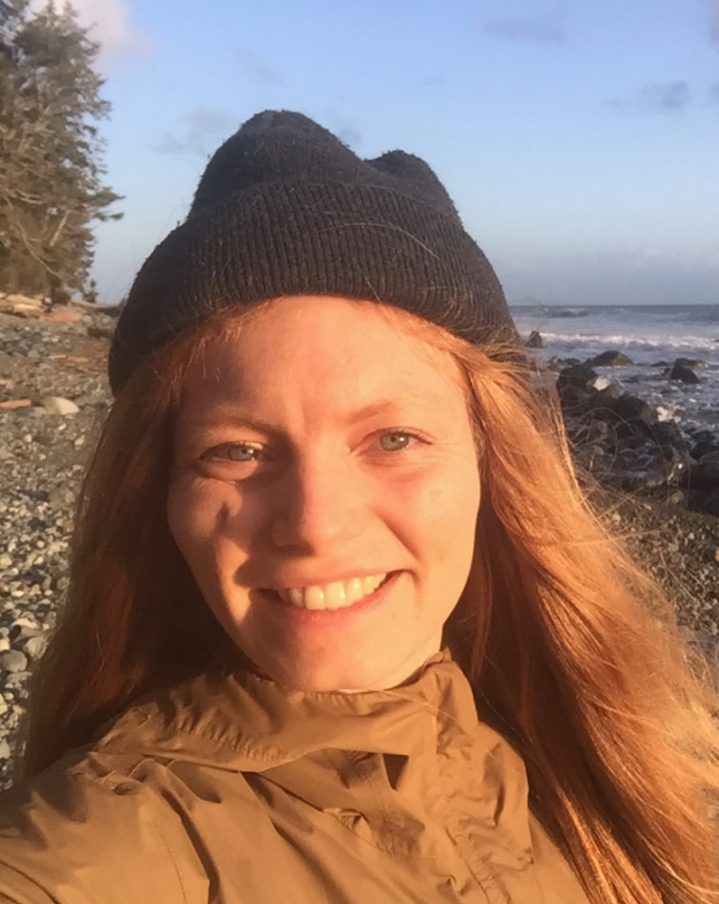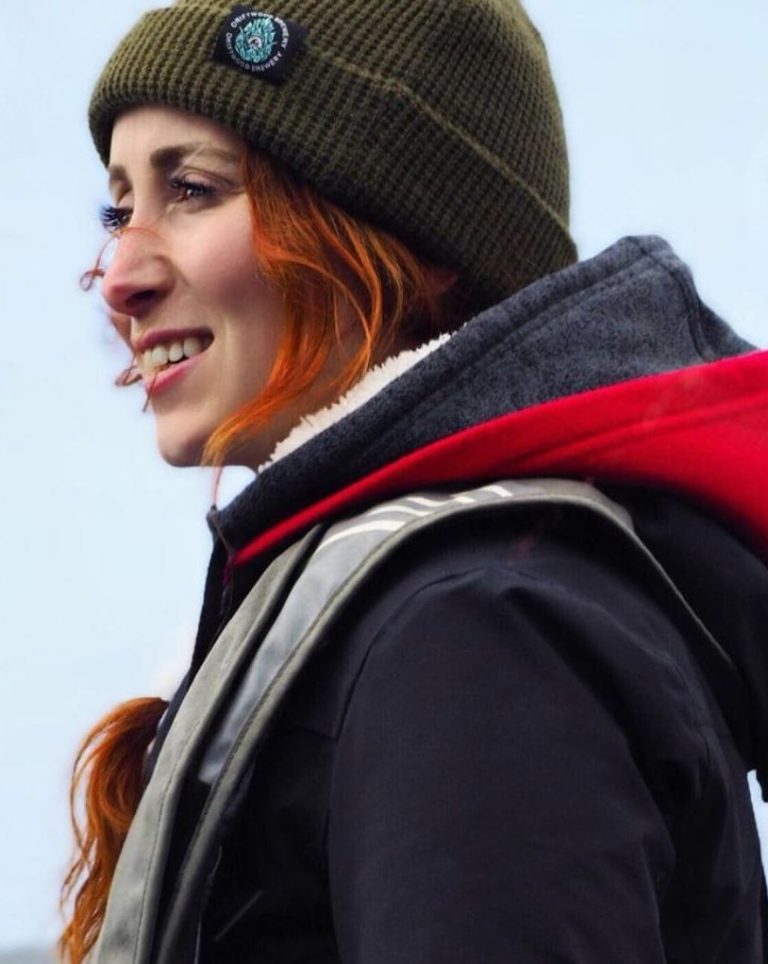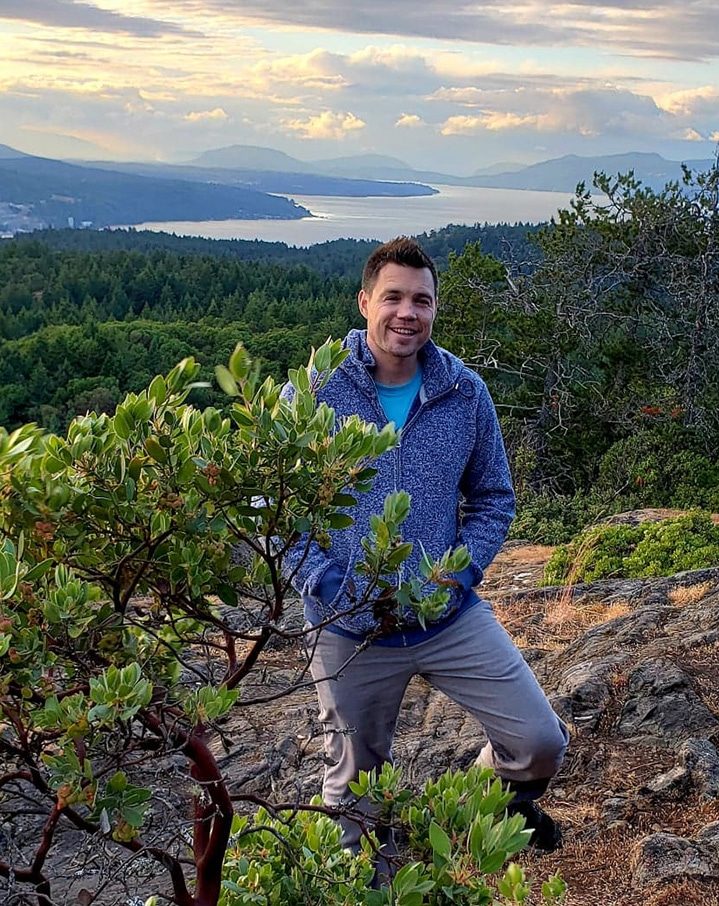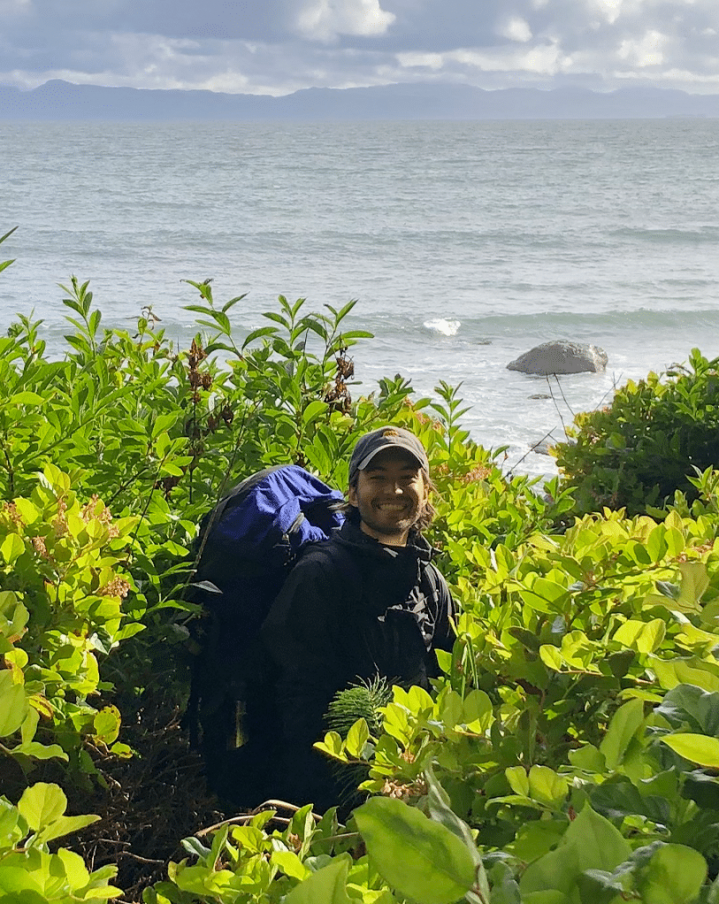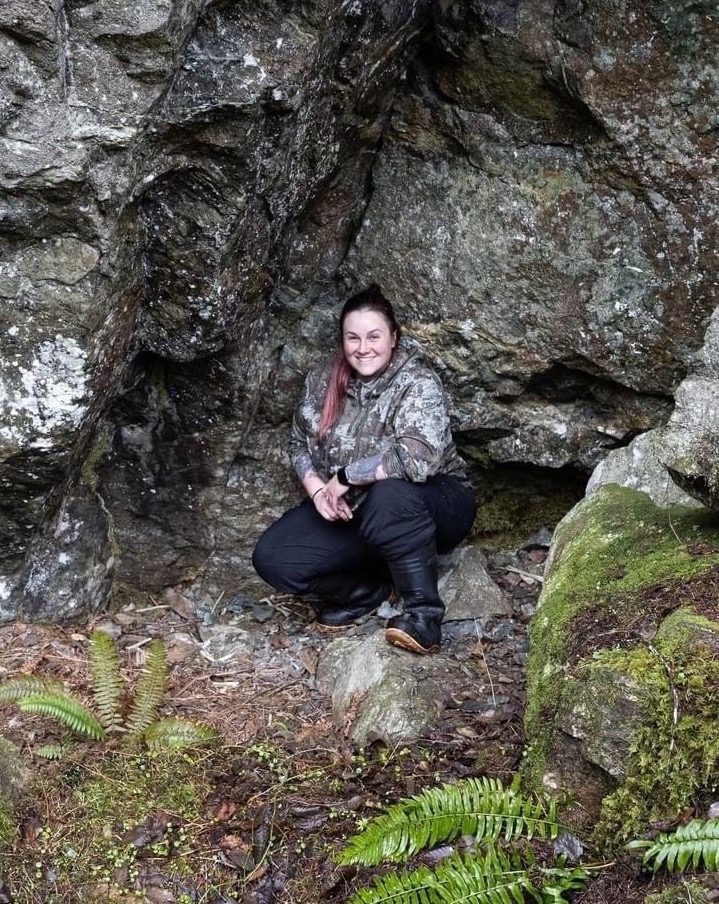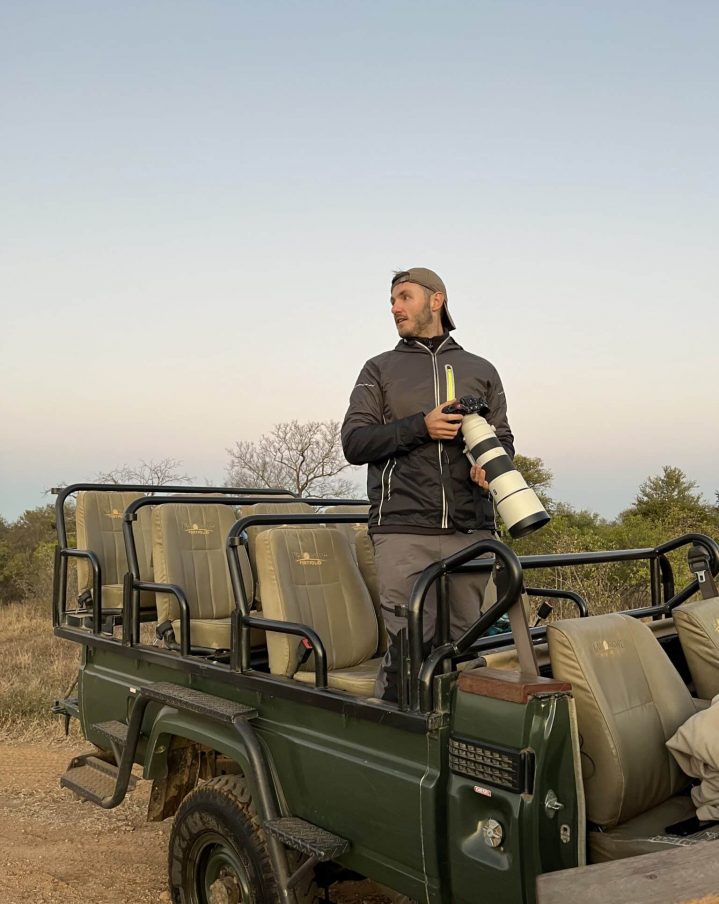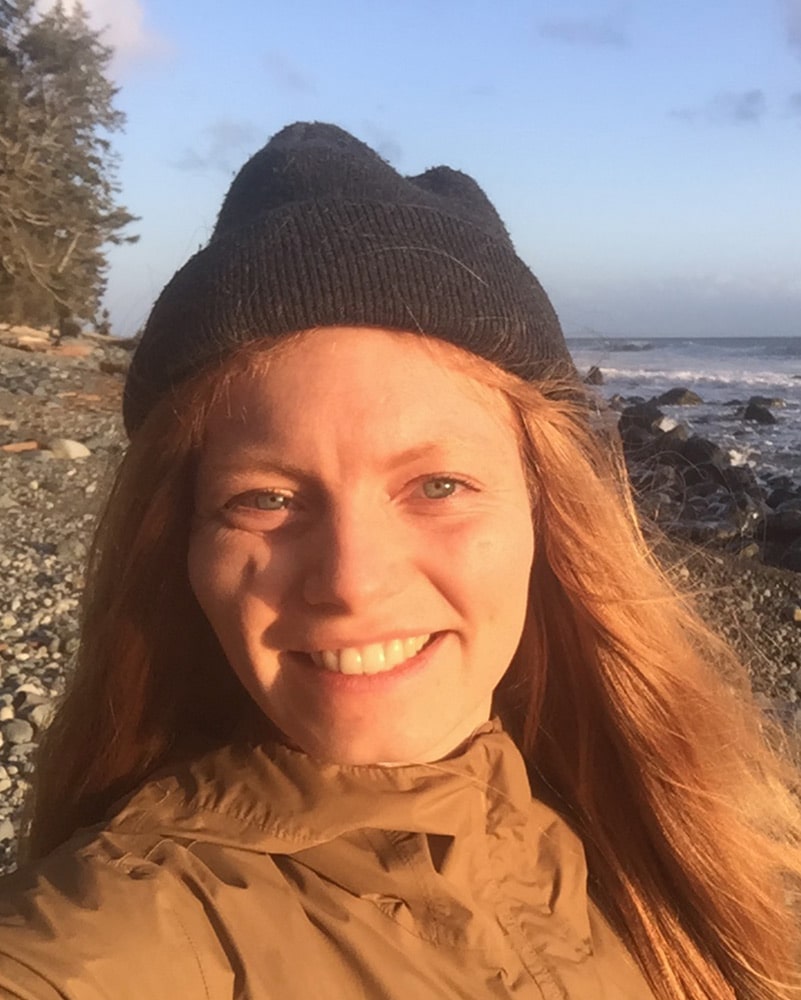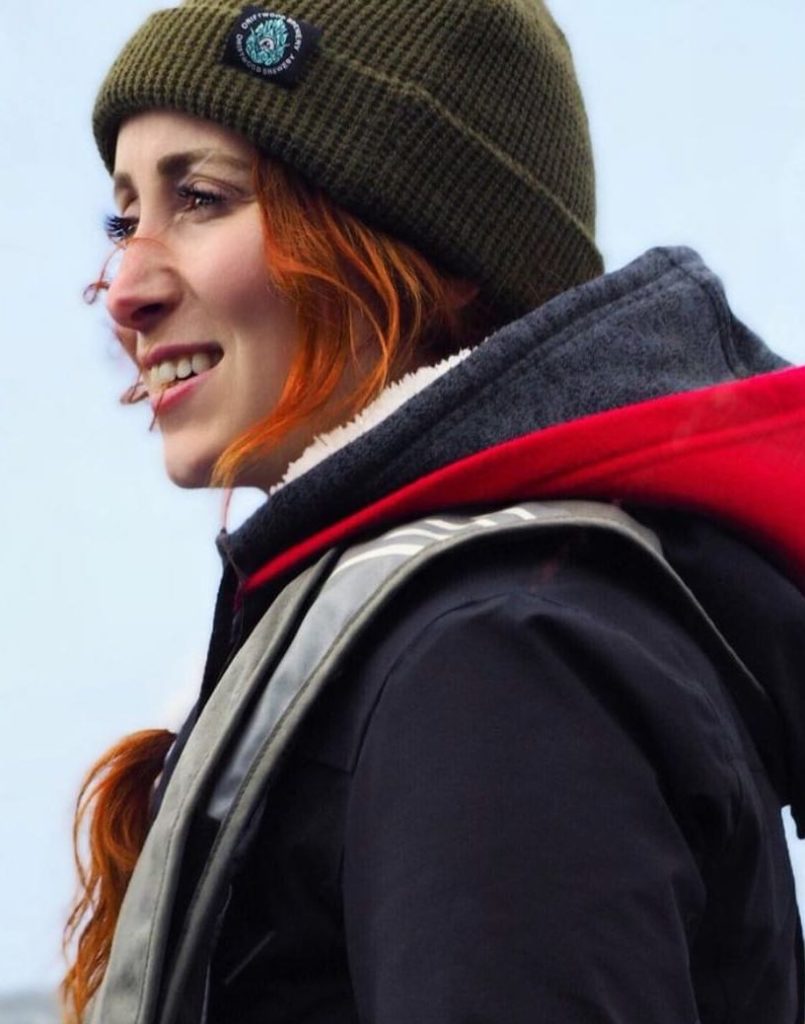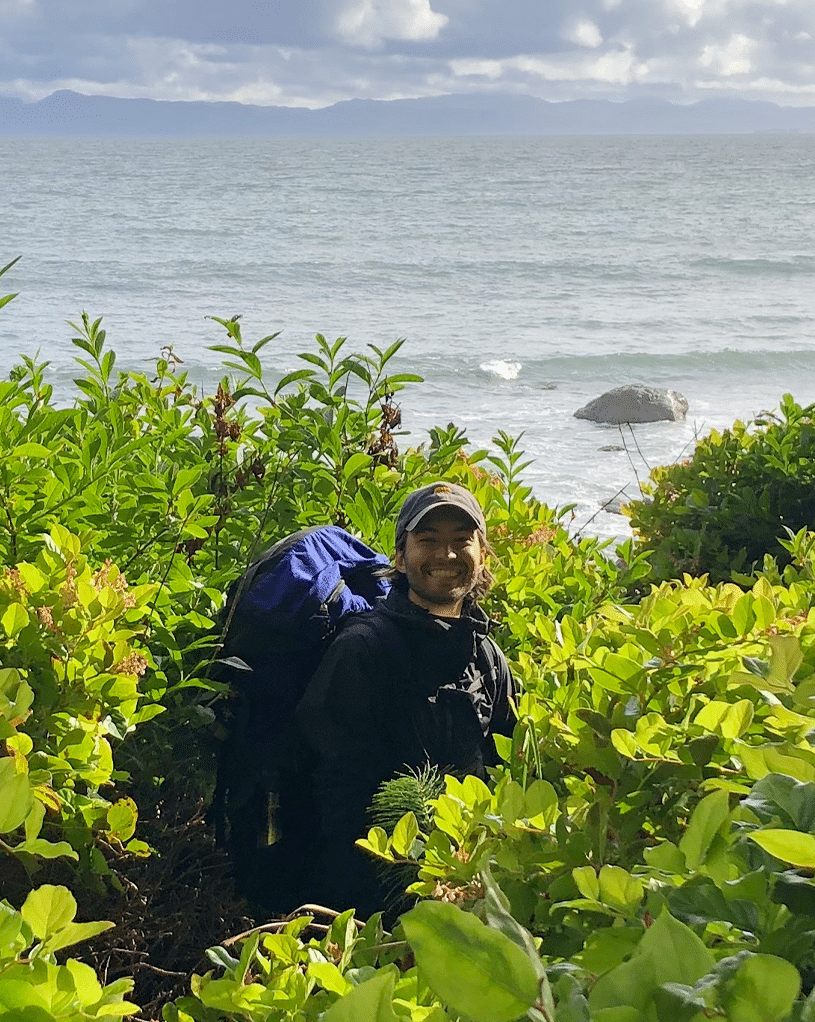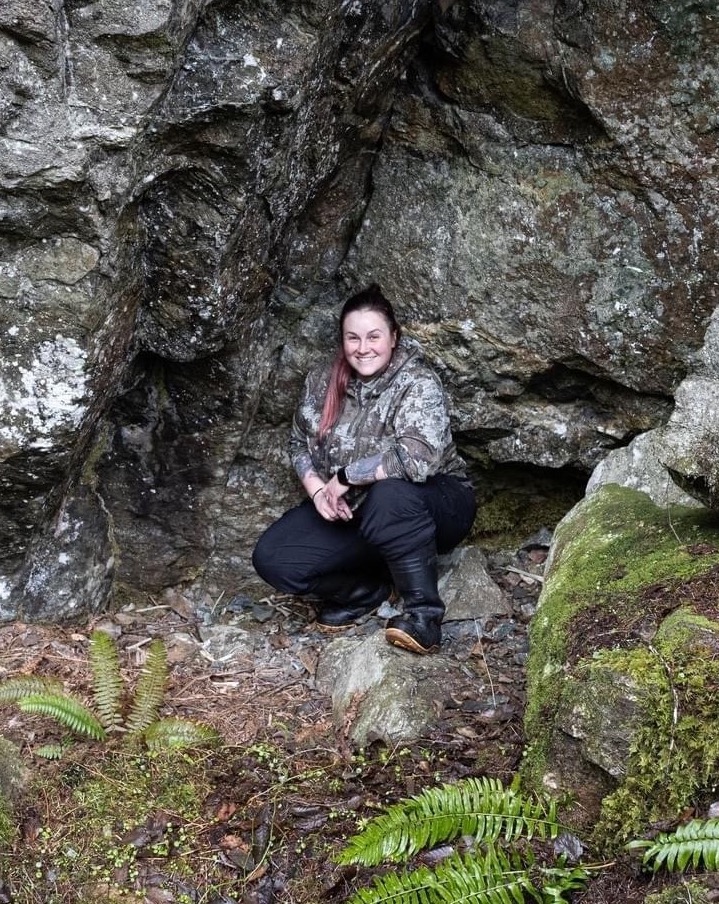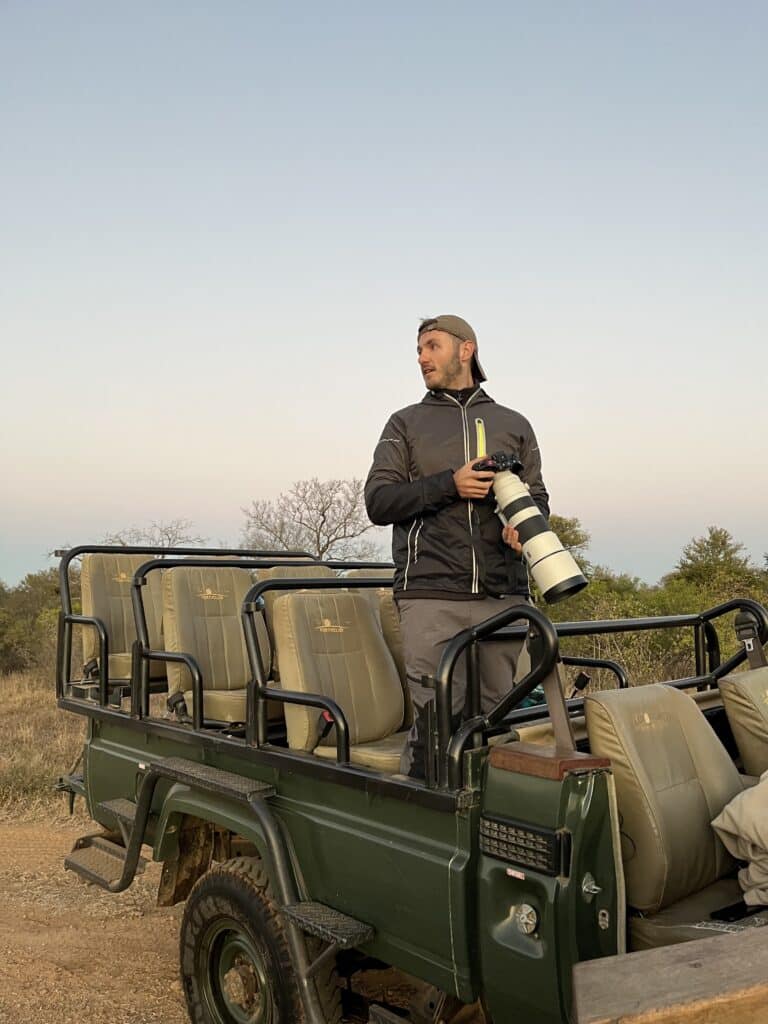Contact Us
Email: info@pacificwild.org
Phone: 250-380-0547
Main Office
1529 Amelia Street, Victoria, BC
Lək̓ʷəŋən Territory
V8W 2K1
Field Office
P.O. Box 26
Denny Island, BC
Haíɫzaqv Territory
V0T 1B0
🚨Breaking (positive) news! Early this morning, Kwiisaḥiʔis (T109A3A) swam out of the lagoon she has been trapped in for weeks and re-entered the open ocean. Journeying past the sand bar at high tide and down Little Espinosa Inlet she entered into the larger Esperanza inlet all on her own. Throughout the day today, the rescue team will encourage her out toward the open ocean where it is hoped that her calls will be heard by her family. The Ehattesaht First Nation plans to increase patrols in the area to make sure Kwiisaḥiʔis does not come in contact with boats or people on her journey. The local Nation and DFO are asking the public to stay away from the area if possible.
🌊 @baycetology is offering early immediate access to http://finwave.io, their AI assisted killer whale photo-identification data hub, for all tour operators, naturalists, and photographers currently working off the west coast of Vancouver Island. For the foreseeable future, they are be prioritizing analysis of their photo-identification data submissions of Bigg`s (Transient) killer whales in an effort to keep track of Kʷiisaḥiʔis`s (T109A3A`s) extended family in near real time. For those working on the water near the west coast of Vancouver Island, you can request free access to finwave via info@baycetology.org to help researchers in the effort to reunite Kʷiisaḥiʔis with her family.
Pacific Wild would like to extend our gratitude to the Nations, researchers, DFO, volunteer staff and everyone else involved in Kwiisaḥiʔis’s rescue effort. It has been inspiring to see communities, governments and individuals coming together to save this Brave Little Hunter.
📸 @pacificimagery_
#killerwhale #marinemammalresponse #baycetology

A new study is gaining media attention, and it may mean bad news for both wolves and caribou. The study, titled: “Effectiveness of population-based recovery actions for threatened southern mountain caribou" is funded by the governments of British Columbia, Alberta, and Environment and Climate Change Canada and unsurprisingly promotes the continuation of the widespread killing of wolves as a successful strategy for caribou recovery.
The paper states that it has no conflict of interest, despite including a co-author being from the Ministry of Forests who is beholden to the logging industry, one of the largest factors threatening caribou. The study acknowledges that habitat loss is the root cause of caribou decline, but chooses not to assess the effectiveness of habitat-based solutions (neither short-term, nor long-term).
Old growth forests are a critical source of food and protection for woodland caribou. Recovery strategies include feeding wild caribou supplementary food pellets because the habitat destruction is so immense that caribou are literally starving. Caribou cannot survive without old growth, no matter how many wolves are killed.
Caribou are destined for extinction and will remain ecological refugees unless the government immediately protects remaining old growth habitat and invests in immediate, large-scale restoration of habitat.
Why are we working to increase caribou numbers in the short term when we are not working to protect caribou habitat for the long term? In the last 9 years almost 2000 wolves have paid the ultimate price with their lives because of government’s mismanagement.
Pacific Wild continues to call on the provincial government to take urgent action to end the wolf cull, and immediately protect and restore habitat.
Share your thoughts. Let Premier David Eby know what you think. Call, email, or send the pre-written letter linked in our bio.
Phone: (250) 387-1715
Email: premier@gov.bc.ca

🐺Rotate for full effect ⤴️ After a fruitful night of salmon fishing, this coastal wolf, well adapted to the rugged Pacific coastline, heads home.
Unlike mainland wolves, coastal wolves thrive on the abundance of marine resources like salmon, clams, herring eggs, and stranded marine mammals, carving out a unique position in the ecosystem.
One of the defining characteristics of coastal wolf behaviour is their relatively small home ranges compared to their inland counterparts. This is a direct reflection of the abundant food resources available along the coast. With an abundant food supply at their disposal, coastal wolves don’t need to travel as far in search of food. Instead, they can establish smaller, more tightly-knit territories, reducing competition between individuals and allowing them to focus more on raising offspring.
This brings us to another fascinating aspect of coastal wolf ecology: their exceptional pup survival. With access to a consistent and abundant food source, coastal wolf mothers can provide their pups with the nutrition necessary for healthy growth and development. Unlike the harsh realities faced by pups in more resource-limited environments, where competition for food is fierce and mortality rates can be high, coastal wolf pups enjoy a higher likelihood of survival.
🎥 @iantmcallister
#wildlife #wildlifeconservation #wolves #savebcwolves #conservationefforts #visualstorytelling

Happy Earth Day! 🐻🐺🦅🐋🐟🦭
Pacific Wild and countless conservationists around the world are working hard to raise awareness and provide education to protect the natural treasures of our planet. We encourage you to get involved in your community, write to your local representatives, and spread the word about the environmental issues that matter most to you.
Participate in our campaigns and add your voice for a meaningful change! Link in our bio.
#Wildlifeconservation #wildlifeprotection #planetearth #conservationawareness #conservationorganization #davidattenborough

📣 Opportunity alert! At Pacific Wild, we are excited to announce that we have an open position for an accomplished and enthusiastic Communications Manager.
Do you have a background in journalism and/or story telling? Are you both analytical and creative? This full-time role requires someone with a proven record of running exciting campaigns across various channels and platforms. The chosen candidate will be instrumental in creating visually inspiring, strategic and engaging campaigns that are firmly grounded in science. Our ultimate goal is to achieve positive conservation outcomes, and we need someone who shares our passion and is ready to contribute to this exciting journey for years to come. Find the full job description linked on our bio.
📝Please apply at hr@pacificwild.org with your resume and cover letter outlining your background and experience. Applications will be accepted until May 15, 2024 at midnight.
This is a full-time, permanent position working from our office in Victoria, B.C., Canada.
#wildlife #nature #career #team #DreamJob #Hiring #Communications #Conservation

On March 23, the killer whale calf known as Kʷiisaḥiʔis (or T109A3A by researchers) became entrapped in a tidal lagoon near Zeballos following the fatal stranding of her mother Spong (T109A3). It has been inspiring to see so many people coming together to root for this young whale in the past weeks.
According to Bay Cetology, Kʷiisaḥiʔis continues to show very little evidence of independent feeding. A subtle depression behind her head was noticed this week indicating that her body mass has started to decline. The decision was made by cetacean experts to attempt to provision her with some harbour seal meat. It has been reported that though Kʷiisaḥiʔis took a few attempts to understand what was happening, she proceeded to consume all 18 kg provided.
Over the last month, a team of individuals from Bay Cetology, Department of Fisheries and Oceans, the Ehattesaht and Nuchatlaht First Nations have been tirelessly dedicated to exploring all potential options to rescue this little whale. At this point all options considered are complex and involve some risk, but last night’s successful provisioning represents a milestone in the continued efforts to save Kʷiisaḥiʔis.
Pacific Wild is expressing immense gratitude to Jared Towers, DFO, the Ehattesaht and Nuchatlaht First Nations and the many others involved for their time, care and dedication toward this challenging situation. For further updates on how to stay involved follow @baycetology 🐋
🎥Drone footage provided by @jtcoastal under MML-42
📸 of T109C family by @sydneycdixon
#killerwhale #marinemammalresponse #baycetology

